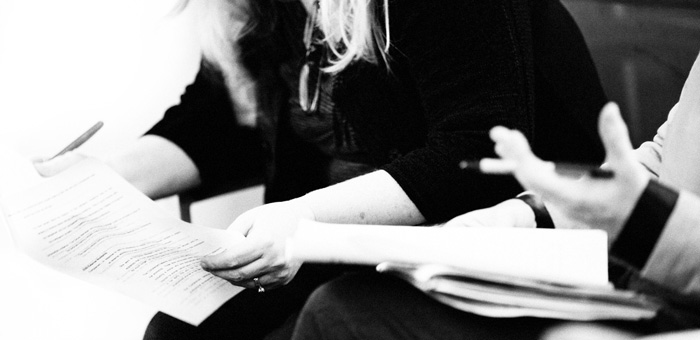 Collaboration is the key to winning gold and having a successful fulfilled team ! The review into culture and leadership in Australian Olympic Swimming and their tribulations at the London Olympics reinforces that the management of collaboration is a critical element for a team to achieve success. The findings contained in the Culture Review into Australian Olympic Swimming submitted to Swimming Australia by Bluestone Edge was released to the public last week and reflects on some of the key gaps in the team’s values, behaviours and supporting systems.
Collaboration is the key to winning gold and having a successful fulfilled team ! The review into culture and leadership in Australian Olympic Swimming and their tribulations at the London Olympics reinforces that the management of collaboration is a critical element for a team to achieve success. The findings contained in the Culture Review into Australian Olympic Swimming submitted to Swimming Australia by Bluestone Edge was released to the public last week and reflects on some of the key gaps in the team’s values, behaviours and supporting systems.
Collaboration not only means a richer understanding of people’s interests earlier which can be harnessed to prevent unhealthy conflict and ensure alignment of values and behaviours, but it also means robust conversations that leverages differences in perspective, experience and knowledge to generate new ideas and new solutions to achieving goals and objectives.
Does your team collaborate ? Do you lead collaborative behaviours within your team ? If you see the following behaviours in your team, you know you are on the right track.
- Team members spend time with each other supporting achieving each others goals, that is, they have a commitment to the success of the team and not just themselves individually
- Team members initiate healthy conflict and robust discussion that is topic based
- They respectfully and constructively question whether there is another way
- Team members constructively explore their differing opinions and approaches and search for solutions beyond their own
- Team members have a priority for learning from within and across teams and so provide honest constructive feedback
- Team members make efforts towards inclusion such as sharing experiences, knowledge and techniques, not hoard it
- Team members seek out and build strong and sustainable relationships outside their team
- Team members have knowledge of each other’s work, communication and learning styles
- Team members call each other on their behaviours when they are un-collaborative
- Team members take accountability and personal responsibility
Your behaviour as a leader would expand upon these and reflect your modelling of a responsive, inspiring and ethical leader. You certainly would be willing to have hard conversations. Your behaviours would reinforce the importance of the team behaviours, such as, responding immediately to un-collaborative behaviours identified by you or escalated to you.
Articulated behaviours provide a consistent approach and ensure the cohesion necessary for productive collaborative effort. These behaviours should be further broken down and particularised for your team. If you do this through an open and transparent process in consultation with your team you will educate them and achieve the buy-in to ensure everyone has a clear roadmap to achieve a collaborative and successful team. Teams that have worked together to determine their shared goals, values and underpinning behaviours are in the best position possible to achieve collaboration and see their performance hum.
Collaborative teams are supported by collaborative systems. Systems engendering collaboration range from grievance/dispute resolution systems with a strong preventative focus that encourage the raising of concerns and conflict in a direct and immediate manner, to more micro systems that are applied in team meetings prompting team feedback on collaborative successes and opportunities.
PEEL are passionate about assisting organisations to build collaborative workplaces. We partner with you in system design, capability build, ongoing preventative support and remedial interventions. We undertake Team Effectiveness Reviews and work with you in Team Behaviour Workshops. To find out more about our approach contact us or by phone on 02 4963 7373





1300 665 144
1300 665 144